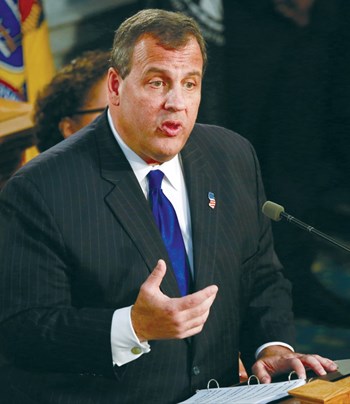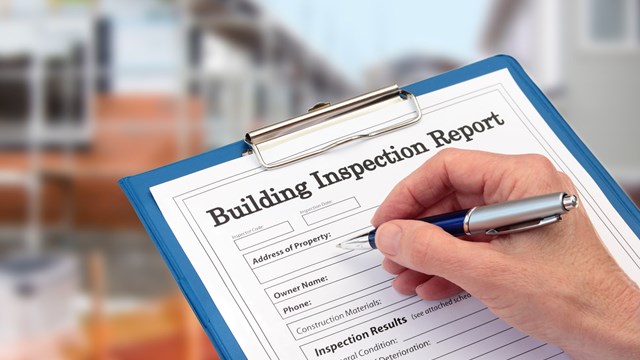
After a prolonged fight between Republican Governor Chris Christie and Democratic lawmakers, Gov. Christie signed a $33.8 billion dollar budget for New Jersey into law. Back in February, Gov. Christie proposed cuts nearly across the board for the state, with a $33 billion budget plan proposed for the new fiscal year 2016.
In June, Democrats introduced their own budget in defiance of the governor’s plan not to fully fund the state's pension system for New Jersey's government employees. The governor vetoed the Democratic plan, and sent back a budget to the legislature that much more closely resembles his original budget proposal.
Pension Payouts
The state's pension fund has been a political lightning rod for years, and caused most of the friction between Christie and the Democratic legislature. In 2011, Christie drew national media attention when he led a landmark reform of New Jersey's ailing pension system that included the cooperation of labor unions and state Democrats. Now, he's reneging on his own law. The governor has paid $2.2 billion into the pension fund so far, and his latest budget action calls for a $1.3 billion contribution, well short of the scheduled $3.1 billion originally promised in the 2011 bill.
With line-item veto power, much of the final say over the final budget rests with the governor, who is essentially able to edit and choose what parts to keep and enact into law. State Democrats have control of the two legislative chambers, but with the budget now signed, sealed, and delivered, they do not have the votes to override Christie's veto.
Budget forecasters warn that because of skipped payments to the pension system, which past New Jersey governors also failed to make, those funds could run out of money by 2032. Democrats responded for the second year in a row with a proposed “millionaire's tax” and an end to business tax loopholes, in order to open up revenue streams for the pension fund. Christie quickly vetoed the measure.
Christie did provide a carrot to Democrats by upping the ceiling for tax rebates for New Jerseyans who receive federal earned income tax credit, but it represents only a small gain for the liberal wing of Trenton.
Unbalancing the Books?
Both Christie and the Democrats have not been able the balance the books for several years now, in a state with the highest property taxes in the country. The governor cut payouts in 2014 for the Homestead Benefit, a property tax relief plan, and delayed the current fiscal year's $374 million credit 9 months. A total of 780,000 homes in New Jersey received their credit finally in May, and so far Christie's 2016 budget includes $341 million for the program.
The accounting gymnastics in New Jersey go further, such as $1 billion being diverted from a Clean Energy Fund into the general budget to make ends meet. Christie included very little new funding for schools, and proposed cuts to multiple state agencies, including $118 million less for the Department of Transportation, part of which calls for a $44 million reduction in snow removal services.
Despite Christie's image as a budget wrangler and responsible spender, the financial mess has drawn the attention of former U.S. Treasury Secretary Paul Volcker, who recently conducted a study on state budgets, and found New Jersey to be the poster child of a state that is falling down a rabbit hole of debt.
Tom Lisi is associate editor of The New Jersey Cooperator.






Leave a Comment